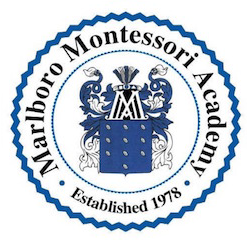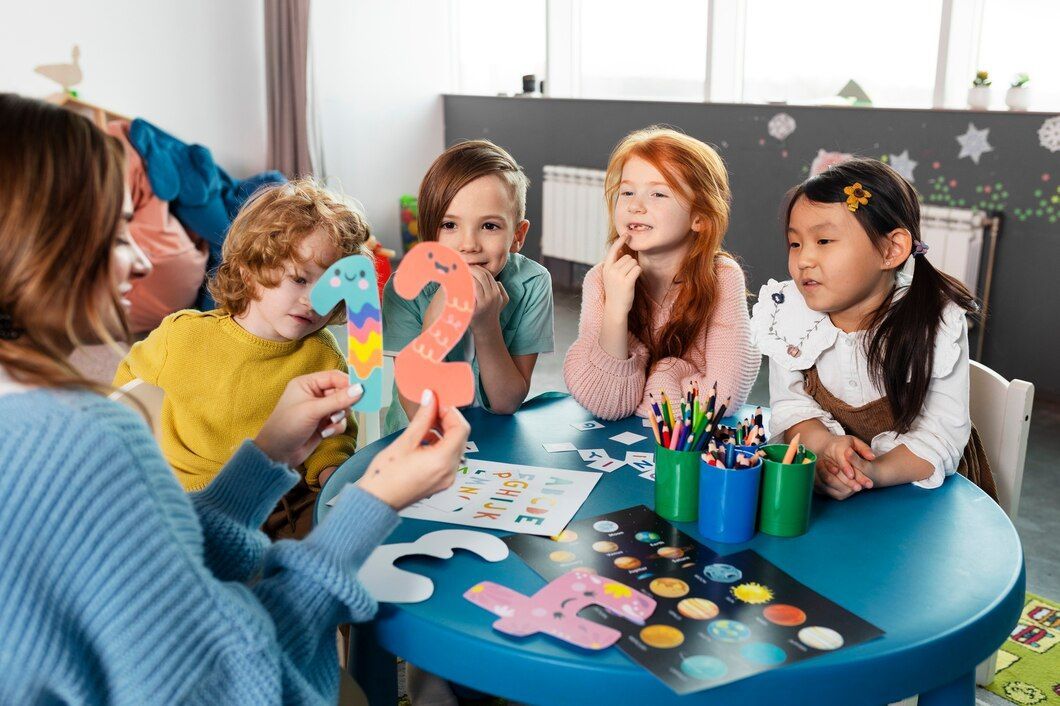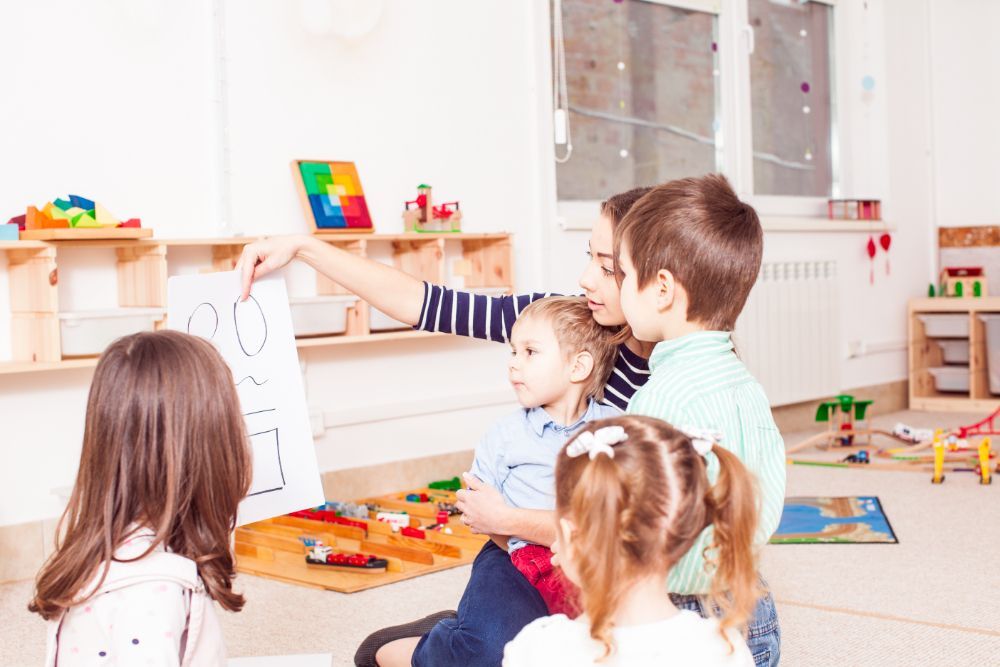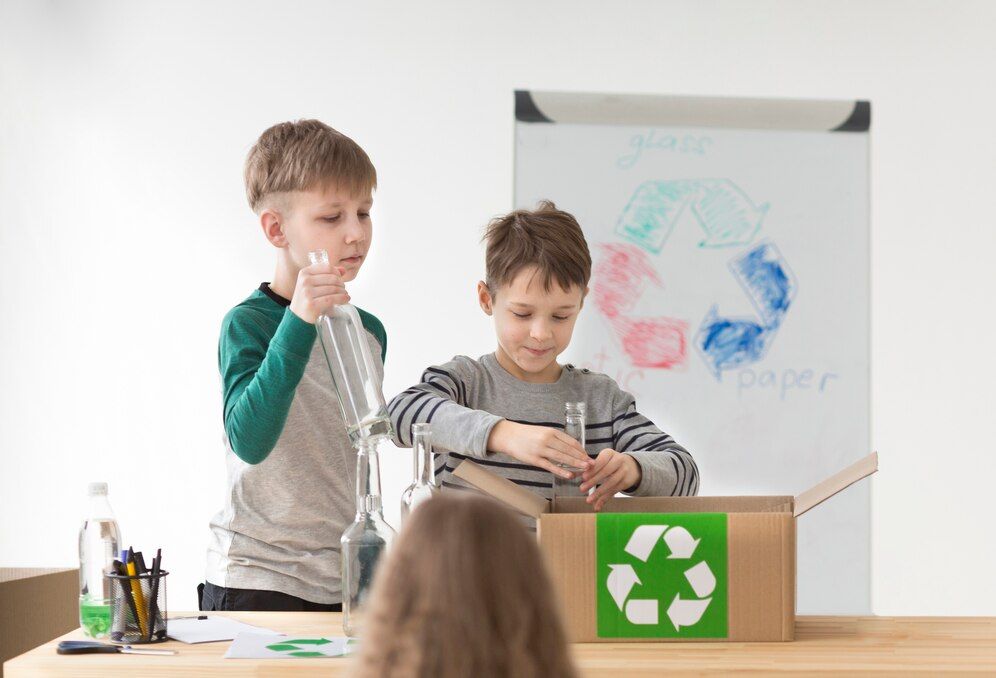Supporting Montessori Learning at Home: Tips for Parents and Caregivers
The transformative impact of a Montessori education extends beyond the carefully prepared environments of a Montessori school like Marlboro Montessori Academy. Parents and caregivers can play a pivotal role in nurturing and sustaining the principles of Montessori education at home, creating a cohesive and supportive environment where children can thrive. By fostering a harmonious blend of home and school experiences, you can further enrich your child's Montessori journey, cultivating skills and attitudes that will prove invaluable throughout their lives.
In this blog post, we will provide practical tips and advice for parents and caregivers seeking to enhance and support Montessori learning at home. Alongside the insights and experiences gained at Marlboro Montessori Academy, these strategies can help you create a home environment that nurtures your child's independence, curiosity, and development. By embracing Montessori practices at home, you are embarking on a transformative journey that will empower your child and contribute to their well-being and success, both in school and beyond.
Join us as we explore essential elements such as creating a Montessori-inspired home, fostering independence, supporting learning through community involvement, and promoting open communication. Together, let's create a stimulating and nurturing environment in which your child can continue their Montessori learning journey, imbuing their daily experiences and relationships with a sense of purpose, meaning, and joy.
Creating a Montessori-Inspired Home Environment
The Montessori home environment should be purposeful, accessible, and orderly, fostering a sense of security, autonomy, and belonging. Let's explore how you can implement Montessori principles to create a seamless continuity between school and home.
1. Prioritize Orderliness and Simplicity
Simplicity and order are critical elements of Montessori environments. Organizing play and living spaces with clutter-free surfaces and clearly designated areas for different activities can foster feelings of calmness and control.
2. Adapt Spaces to Suit Your Child's Needs
Children thrive in environments that accommodate their size, interests, and abilities. Ensure furniture is child-sized and encourage independence by providing items like step stools, low shelves, and easy-to-reach hooks for clothing or bags.
3. Offer Open-Ended Materials and Activities
To encourage creativity and independent exploration, provide open-ended activities and materials that allow children to experiment, imagine, and create without constraints. Examples include blocks, art supplies, and sensory bins.
Fostering Independence and Responsibility at Home
The foundation of Montessori education is nurturing children's independence, self-discipline, and respect for the environment and others. Here are some tips for fostering independence and responsibility at home:
1. Encourage Self-Care
Teach your child to take care of their basic needs, such as dressing, grooming, and feeding. Set up self-care stations with items like a comb, toothbrush, and tissues for their use.
2. Assign Age-Appropriate Chores
Involve your child in household tasks and chores that are appropriate for their age, such as setting the table, watering plants, or helping with laundry. Encourage responsibility and a sense of accomplishment.
3. Promote Problem-Solving
To develop your child's problem-solving skills, resist the urge to jump in and solve every problem for them. Instead, provide guidance and ask open-ended questions to encourage them to find solutions independently.
Supporting Learning Through Community Involvement
Montessori principles can also extend beyond the home by engaging with your local community and nature. Here are a few ways in which you can involve your child in community-based Montessori learning experiences.
1. Visit Local Attractions
Explore child-friendly attractions such as libraries, museums, farmers' markets, and botanical gardens. Seek out opportunities for hands-on engagement and learning.
2. Participate in Community Projects
Encourage your child to take part in community initiatives, such as planting trees, cleaning up parks, or volunteering at local events. These experiences inspire a sense of responsibility and connection to the world around them.
3. Embrace Nature and Outdoor Experiences
Engage with nature by participating in outdoor activities like hiking, gardening, or bird watching. Natural surroundings offer infinite possibilities for exploration, creativity, and learning.
Promoting Open Communication and Collaboration
Effective communication and collaboration between parents, caregivers, and Montessori educators are crucial for supporting your child's development and success. Here's how you can facilitate open dialogue and teamwork.
1. Share Observations and Insights
Maintain open communication with your child's Montessori teachers by sharing observations, concerns, or insights about your child's progress, both at home and in the classroom.
2. Attend Parent-Teacher Meetings
Participate in parent-teacher meetings and conferences to discuss your child's strengths, areas for growth, and strategies for supporting their continued development.
3. Collaborate with Other Montessori Families
Connect with other Montessori families to share experiences, resources, and ideas for integrating Montessori principles into daily life. This can be done through social media, local groups, or school-organized events.
Building a Harmonious Montessori Home and School Connection
By embracing the Montessori principles at home, you can create a nurturing and stimulating environment that complements your child's experiences at Marlboro Montessori Academy. As you foster independence, curiosity, and responsibility in your child, you are also building strong connections between home and school, enriching your child's overall Montessori experience.
We encourage you to explore the joy and growth that come from incorporating Montessori practices into daily life. Delve into a world of purposeful learning, collaborative problem-solving, and strengthened bonds with your child as you support their flourishing Montessori journey. Remember, you are not alone in this endeavor. At Marlboro Montessori Academy, our commitment to your child's success extends beyond the classroom walls through our
Montessori tutoring services. Enroll your child now to get started!











